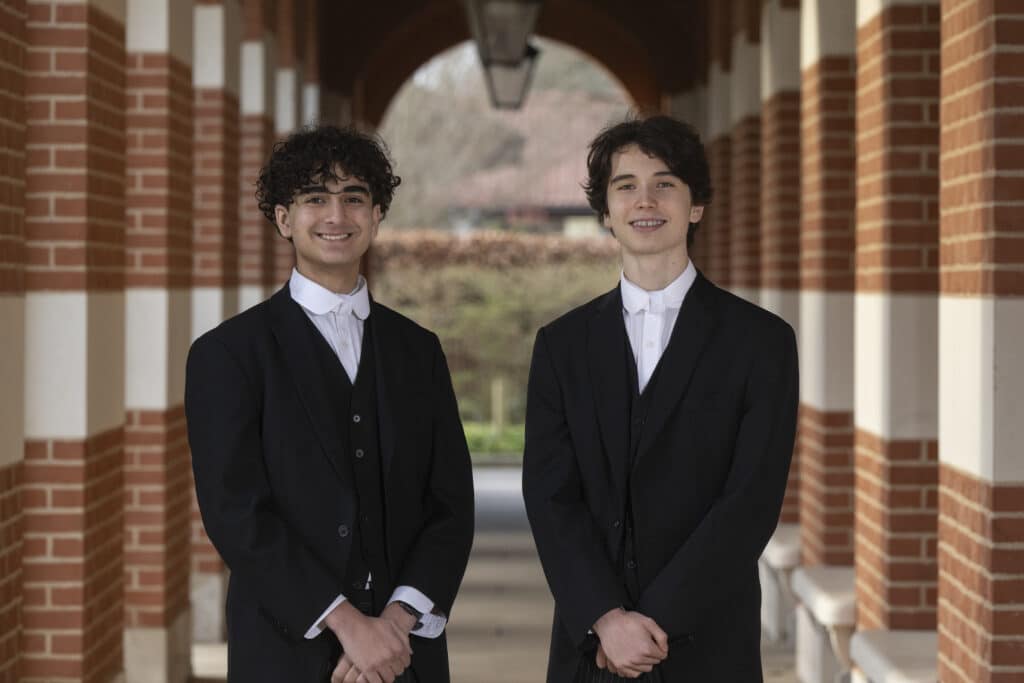Last week, the Medical Society was fortunate to welcome Dr Mark Lee, a clinical paediatrician who specialises in tropical humanitarian medicine.
It is evident that in significantly lower economically developed countries, not only are the standards of healthcare significantly limited, but the wealth of available resource we have constant access to is almost non-existent. Sierra Leone is one such example, with 118 children dying before the age of five out of 1000 live births (4.4/1000 in the UK). Half of these are due to malnutrition and the dispersion and limited number of medical professionals.
Dr Lee not only enlightened our perspectives of foreign healthcare, but provided us with an interactive and challenging exercise in reconciling real-life medical ethics scenarios, all of which he had experienced while abroad.
We were first presented with a 4 year-old Ebola sufferer needing to be put onto a drip if he were to survive. However, due to the potential for needle stab injuries to the doctor, professionals considered it too risky. What would you do? Of course, such a dilemma has no objectively right answer but Dr Lee demonstrated the challenging reality of humanitarian medical practice, where logic and emotion are in perennial conflict.
Tensions between life and expenditure, or life and local culture, are faced by volunteer aid workers throughout the world. What must be remembered is the necessity of respecting local community beliefs and traditions. These are often threatened by foreign intervention, and this can hinder the effectiveness of initiating local medical improvement.
We would sincerely like to thank Dr Lee for sharing with us his wisdom and experiences of such a unique and diverse medical profession.



